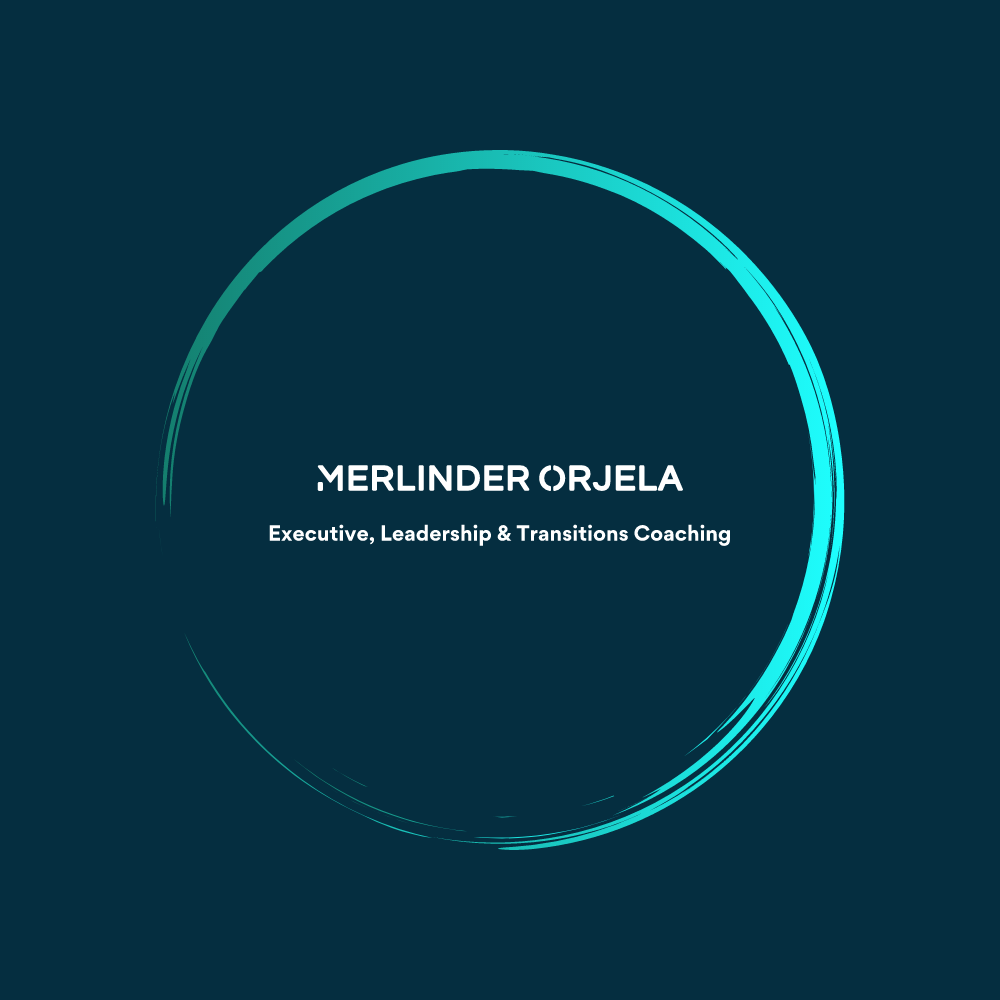How to Build Resilience
Resilience is: “the ability to come back from a challenging situation/s, often in a stronger way.”
At different times, people need to focus on different parts of resilience to develop it, an individualized, unique approach is probably more important than copying others, knowing what your need is through self-awareness is key. However we can also learn and be inspired, encouraged, and motivated by others. Some parts may seem to contradict or almost oppose one another, however it’s more like a balancing act between different factors and situation.
Here are some ideas to help build resilience – take what feels useful to you:
Focus on what is important.
Find what is meaningful and gives you purpose (both big and small things count). This helps prioritize, brings clarity, and be less distracted by things that aren’t really that important right now. This doesn’t mean to ignore tasks which are boring or needed for someone else, but more ones that you don’t actually need to do, could adapt, or put on pause.
Focus on the long-term vision.
Check in if that vision, goal, or dream still makes sense or has it evolved or shifted. Focusing on the long-term may in itself help to shift perspective, get “unstuck”, and/or look at the big picture. You can also work backwards from the long-term vision to look at what you can do to get there, either right now or in a certain timeframe.
Notice your thoughts.
What you are telling yourself? Is it a useful, constrictive way of putting it that serves a purpose in some way or can you adapt the wording to shift your mindset and look at things differently. Is there something you are replaying over and over and it is time to move on from? Is there a lot of “I should…” or “I need to…” wording in how you talk to yourself or about yourself? And are those things actually what you want?
Focus on yourself.
What do I need right now? What can I do for myself right now? What support do you have in place? For some people focusing on yourself sounds selfish, but you can support others best when you are at your best.
Take action.
Which is not only physically doing something (towards a goal or something else), letting go, accepting, or even deciding to put something on hold, are all taking action. Small actions can also help shift mindset, even if it is a change of scenery or environment, physical state (by doing some exercise), or something like listening to music.
Try things.
Go for new experiences big or small, especially if they are a bit scary. Move out of that comfort zone. You will only know some things if you try it and you will probably learn something from trying and “failing”, more than if you succeed. If you are overwhelmed this may not be the best option to build resilience, however small things may well be relevant (like trying a new route on your walk, a new coffee shop, a new yoga sequence).
Focus on your development.
What are you learning? Write down your learnings, reflect on them, and think about what you would do again the same or completely differently. Focusing on learnings (vs. mistakes or failures) is often a more productive way of looking at the past, it also supports adapting which can be useful in resilience.
Look at your support systems.
Support systems can look different for everyone and can shift at different times in different situation, there is often an internal piece you can do for yourself and external involving others. What are your doing for yourself? What are you enjoying? Who are you spending time with? Are they helping you to grow, think differently, or supporting you in some other way? Are you carving out time for yourself? Is what you are doing supporting you?
Reflect.
Check in on yourself and notice where you are. Notice what is going well, what you have learnt, things you would do differently, what your intentions are, if you need to slow down. Build awareness of yourself. Reflection can also be used more specifically e.g. to see what needs changing, which links into adapting.
Be present in the current moment.
Notice what is happening around you right now. Reflecting on the past and focusing on the future vision are both great tools to building resilience, noticing the now is also important.
What do you do to build your resilience?

